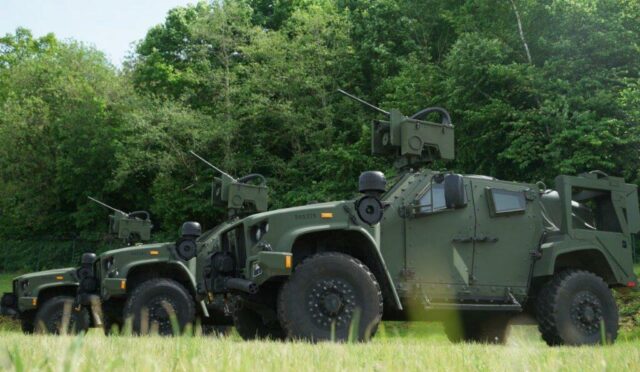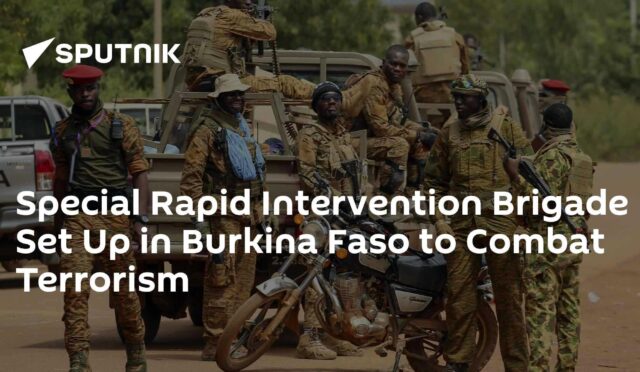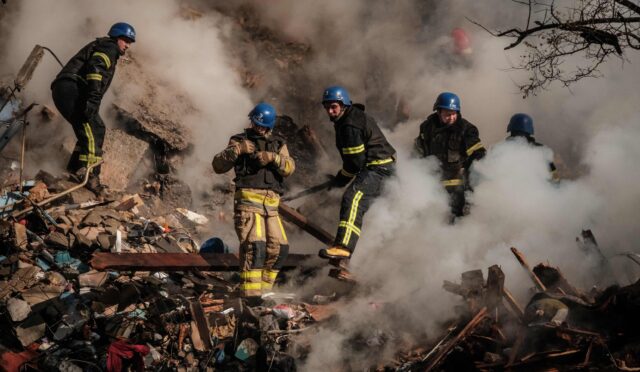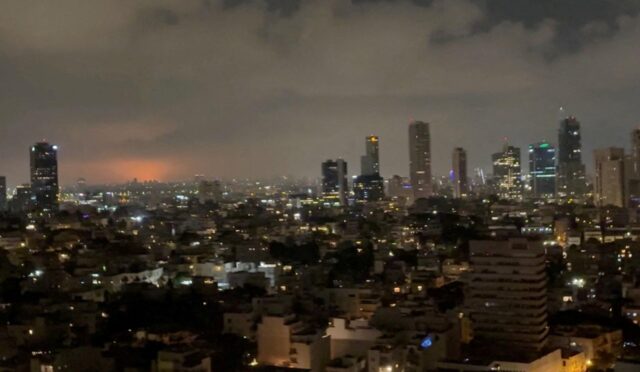Port Sudan Drone Attacks: Escalating Conflict Overview
In a dramatic escalation of violence, Port Sudan, the wartime capital of Sudan, came under drone attacks on Tuesday, marking the third consecutive day of assaults on this critical city. Security officials reported that drones targeted both the main airport and an army base, raising alarm about the ongoing conflict that has engulfed the region. The attacks began just days after the airport’s military base was first struck, an incident attributed to the opposing Rapid Support Forces (RSF).
One particular drone aimed at the civilian section of Port Sudan airport, the primary entry point for the country, underscoring the risks to civilian infrastructure amidst the turmoil. In addition to this, an army base located in the city center was also targeted, with sightings of explosions and smoke rising from the attacked hotel nearby. The army chief, Abdel Fattah al-Burhan, resides close to these targeted areas, intensifying concerns regarding his safety as conflict persists with his former deputy, Mohamed Hamdan Daglo, the RSF commander.
The situation deteriorated further with reports of a third drone hitting a fuel depot near the southern port, affecting an area densely populated with displaced individuals and international agencies. The RSF, having lost significant territory—including most of Khartoum—earlier this year, have increasingly turned to drone warfare, marking a dangerous shift in tactics as they extend their operations deeper into army-controlled regions.
Despite being considered a refuge, Port Sudan is now reeling from these airstrikes, which have led to widespread panic among its residents. At dawn, residents reported loud explosions and the sight of thick smoke rising above the city. Witnesses described fires raging from the fuel depot and port, significantly increasing the town’s instability.
The ongoing war in Sudan has had catastrophic consequences, claiming tens of thousands of lives and displacing more than 13 million people. This conflict has not only led to widespread destruction but has also triggered one of the world’s most severe humanitarian crises, characterized by widespread hunger and displacement. As conflict escalates, the need for international intervention and humanitarian aid becomes increasingly urgent.







